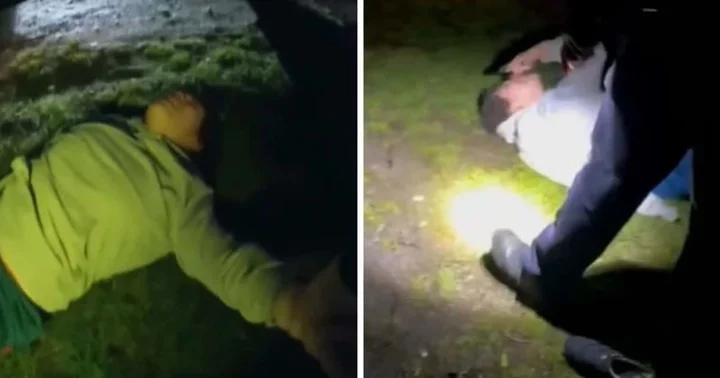Experts may have found a way to resurrect frozen humans in 50 to 70 years.
It comes after a cryonics company was able to revive an extinct worm from 46,000 years ago, leading them to believe the method could be applied to humans.
"Cryonics is a scientifically based, legal technology for preserving humans and animals in a state of deep cooling in the hope that in the future they will be resuscitated and, if necessary, cured and rejuvenated," Russian cryogenics company KrioRus explained. "For legal reasons, human cryopreservation can be carried out only after legal death."
KrioRus shared how the dead patient is "immersed into a low-temperature medium where almost all chemical reactions are stopped."
The first ever cryopatient, American professor James Bedford, has been preserved for almost 50 years "with no sign of change or deterioration."
"In the prognosis of modern science, a cryopatient can indeed be someday revived and return to life," they said.
Many more people have opted to freeze their deceased pets, with costs dependent on pet size, species and distance to the facility among other factors. A dog is said to cost around $25,000.
The company claims to have cryopreserved 92 people but disclaimed that for humans to be resurrected, there must be significant progress in the medical field.
"Cryobiological laboratories are few, there are no large ones at all," CEO Valeriya Udalova told MailOnline. "Even the famous laboratory 'XXI Century Medicine' is a small organization."
She continued: "But even in such a deplorable situation, remarkable experiments have already been made, for example, on reversible cryopreservation of a rat kidney using gas persufflation with nanoparticles and induction heating."
Sign up for our free Indy100 weekly newsletter
Have your say in our news democracy. Click the upvote icon at the top of the page to help raise this article through the indy100 rankings.









